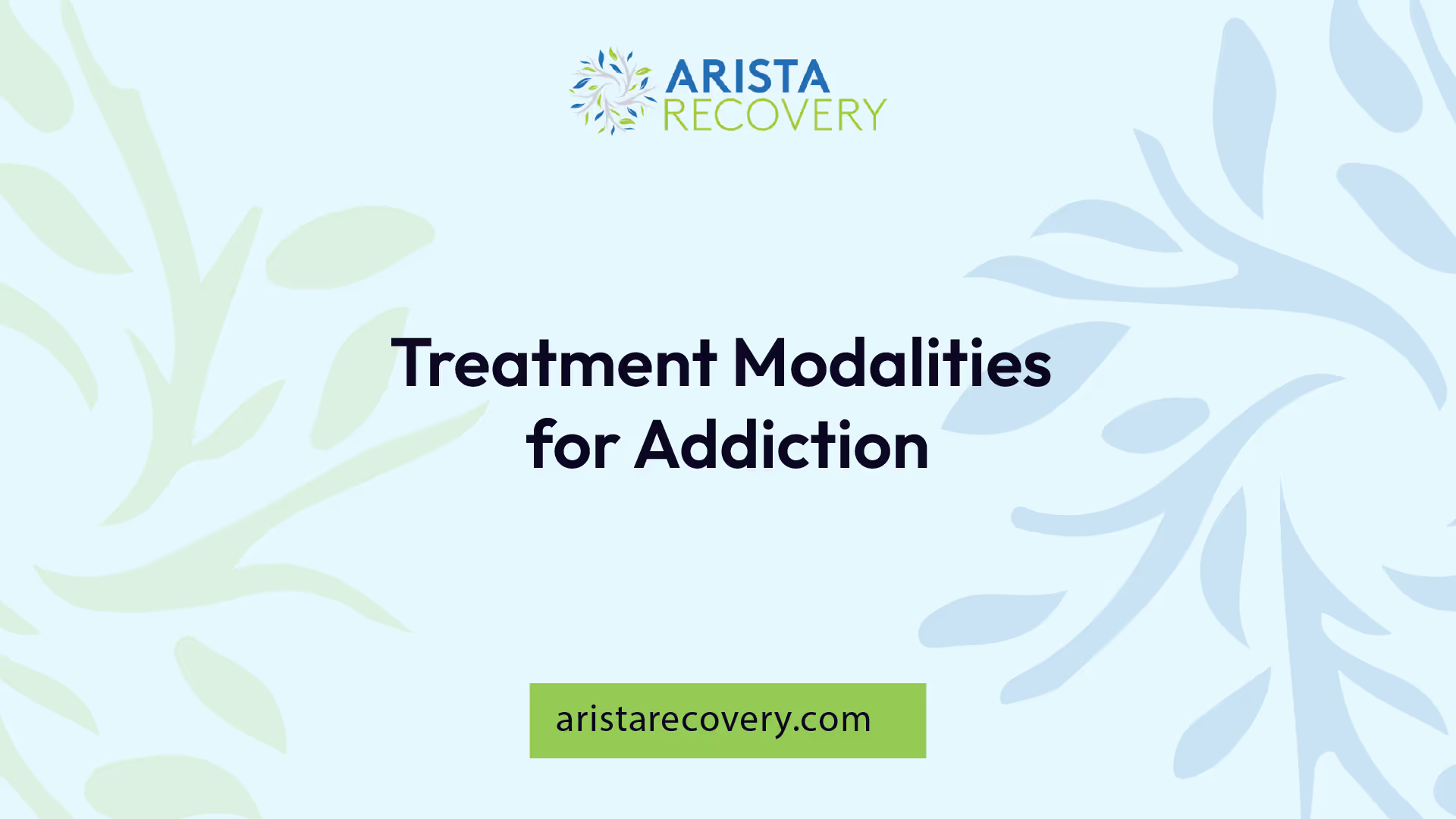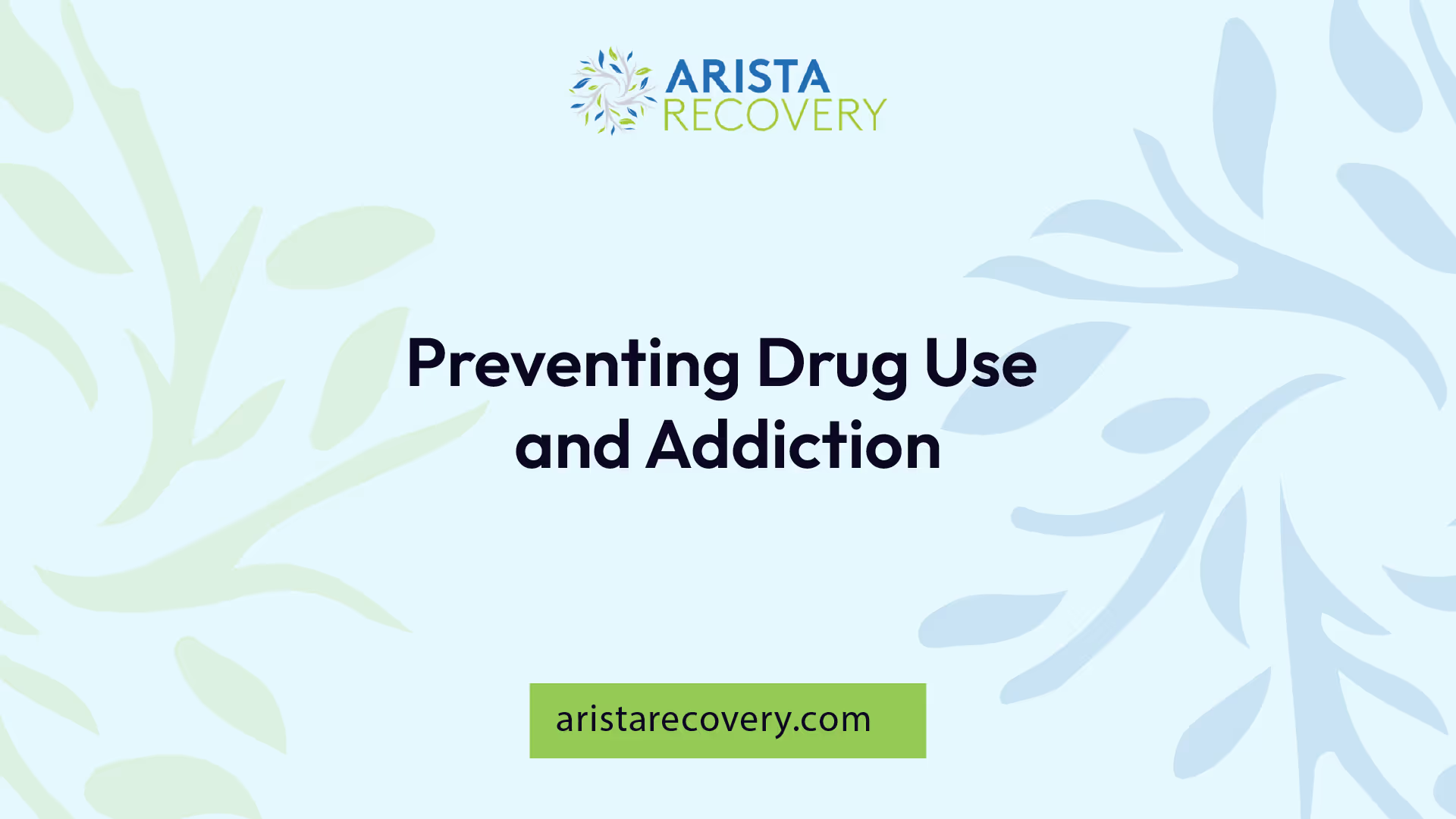The Disease Concept of Addiction Explained

Understanding Addiction as a Disease
Recognizing addiction as a disease is crucial for understanding and addressing its root causes and impacts. This perspective, often referred to as 'the disease concept of addiction', shifts the focus from moral failing or weakness of will to a more scientifically grounded explanation centered on brain function and genetics.

Characteristics of Drug Addiction
Drug addiction is a chronic disease characterized by drug seeking and use that is compulsive, or difficult to control, despite harmful consequences. People with a substance use disorder may experience strong desires or urges to use substances even when there are harmful consequences, leading to strained relationships, neglect of responsibilities, and loss of interest in normal life activities. Tolerance may develop, requiring more of the substance to achieve the same effect [2].
These characteristics are not a sign of a moral failing, but symptoms of a disease that affects the brain and its functions. This is why drug addiction is often referred to as a "relapsing" disease, as the brain changes caused by drugs challenge an addicted person’s self-control and interfere with their ability to resist intense urges to take drugs.
Impact on Brain's Reward Circuit
The disease concept of addiction emphasizes the significant impact of drugs on the brain's reward circuit. Most drugs can cause euphoria and flood this circuit with dopamine, a neurotransmitter associated with feelings of pleasure. This leads to the reinforcement of pleasurable but unhealthy behaviors like taking drugs, making individuals repeat the behavior.
Long-term drug use can reduce the ability of cells in the reward circuit to respond to dopamine, leading to tolerance and the need for higher drug doses to achieve the same high. This impact on the reward circuit is a key aspect of the disease concept of addiction, as it underscores the fact that addiction is a brain disorder and not simply a matter of choice or lack of willpower.
In this light, understanding the neurobiology of addiction can provide valuable insights into the mechanisms of drug addiction and offer potential avenues for treatment. The disease concept of addiction also calls for compassion, understanding, and appropriate medical interventions, rather than judgment or stigma. For a more in-depth look at the disease model of addiction, check out our article on addiction as a brain disease.
Treatment Modalities for Addiction
When it comes to the disease concept of addiction, understanding the various treatment modalities is crucial for individuals seeking recovery. The approach to treatment should be comprehensive, encompassing medication, behavioral therapy, tailored treatment plans, and chronic management of addiction.

Medication and Behavioral Therapy
Research supports that a combination of addiction treatment medicines with behavioral therapy provides the best chance of success for most patients recovering from drug addiction. These two approaches complement each other by addressing different aspects of addiction, with medication helping to manage the physical aspects and behavioral therapy addressing the psychological and emotional aspects.
Medications can help to manage withdrawal symptoms, reduce cravings, and correct the brain's disrupted reward system, while behavioral therapies can help patients to change their attitudes and behaviors related to drug use, increase healthy life skills, and adhere to a medication regimen.
Tailored Treatment Plans
Understanding that addiction is a multidimensional problem with numerous influencing factors, treatment plans must be tailored to each patient's drug use patterns and any co-occurring medical, mental, and social problems to lead to continued recovery.
These personalized treatment plans should be reviewed often and adjusted based on the patient’s response, similar to the approach taken for other chronic health conditions. This ensures that the treatment remains relevant and effective as the patient's needs evolve over time.
Chronic Management of Addiction
Addiction is a chronic disease, a long-lasting condition that can be controlled but not cured. Like other chronic diseases, addiction requires long-term management to effectively control symptoms and prevent relapse.
Even the most severe form of substance use disorder can be manageable with long-term treatment and recovery supports. This includes ongoing therapy, regular check-ups, medication management, and continuous engagement in recovery activities and support groups.
The disease concept of addiction emphasizes the importance of understanding addiction as a long-term condition that requires ongoing care rather than a one-time treatment. For more information on the disease model of addiction and its implications for treatment, please visit our article on addiction as a brain disorder.
By adopting these comprehensive and adaptive treatment approaches, individuals with addiction can effectively manage their condition, reduce the risk of relapse, and improve their overall quality of life.
Preventing Drug Use and Addiction
Prevention is an essential component in the fight against addiction. Utilizing education and outreach programs, alongside effective prevention strategies, can significantly decrease the onset of substance use and addiction.

Role of Education and Outreach
Education and outreach play a pivotal role in preventing drug use and addiction. Teachers, parents, and healthcare providers are essential in educating young people about the risks of drug use. Understanding the disease concept of addiction is a crucial part of this education.
Advances in neuroscience have contributed to the perception of addiction as a chronic brain disorder, thus reducing the stigmatization associated with addiction and fostering hope for effective treatments. This understanding emphasizes the necessity of education and outreach in the community, as it aids in reshaping societal views about addiction and encourages those struggling with substance use to seek treatment.
Effective Prevention Programs
Effective prevention programs involve families, schools, communities, and media. These programs aim to address the various genetic, environmental, and social factors that contribute to an individual's susceptibility to addiction. Examples of these factors include unaddressed trauma, family history of drug use, early exposure to drugs, exposure to high-risk environments, and certain mental illnesses.
Prevention programs that focus on early intervention can be particularly beneficial. By identifying and addressing risk factors before drug use begins, these programs can significantly reduce the incidence of addiction in the community.
In summary, preventing drug use and addiction requires a multifaceted approach. Comprehensive education and outreach, combined with effective prevention programs, can play a crucial role in reducing the prevalence of substance use disorders. Understanding the neurobiology of addiction and viewing addiction as a brain disease can further support these prevention efforts.
The Brain Disease Model of Addiction
The disease concept of addiction has evolved significantly in recent years, largely due to the progressive advances in neuroscience, genetics, and the exploration of environmental and social factors. The brain disease model of addiction, in particular, has brought forth a new perspective on how we understand and approach addiction.
Advances in Neuroscience
Advances in neuroscience have significantly contributed to the understanding of addiction as a chronic brain disorder. Research has illuminated how drugs affect the brain, leading to the recognition that addiction is more than a moral failing, but a treatable condition. This perspective, backed by neuroscience, reduces stigma and brings hope for the development of effective medications to address addiction. For more on this, explore our article on the neurobiology of addiction.
Genetic, Environmental, and Social Factors
The brain disease model of addiction acknowledges that numerous genetic, environmental, and social factors contribute to an individual's vulnerability to addiction. These factors include, but are not limited to, unaddressed trauma, family history of drug use, early exposure to drugs, exposure to high-risk environments, and certain mental illnesses. Genetic studies have estimated the heritability of alcohol addiction at around 50%, with even higher estimates for opioid addiction, illustrating the strong genetic component to addiction susceptibility.
Treatment Improvements
The brain disease model of addiction has led to significant improvements in understanding and treating substance use disorders. The identification of neural systems and structures altered by drug and alcohol use has facilitated the development of different medication and non-medication-based treatments that target these vulnerable areas of the brain.
However, it's important to note that while this model has guided research efforts and resource allocation, its impact on addiction treatment in the real world has remained limited. Many patients still do not receive these evidence-based treatments. Moreover, the brain disease model of addiction is criticized for not identifying a specific neural signature of addiction, although neuroimaging studies have shown common alterations in brain circuits involved in reward processing, habit formation, and executive control in individuals with addictive disorders.
The brain disease model of addiction underscores the complexity of addiction and the interplay of various factors that contribute to it. Understanding this model can play a crucial role in shaping how we approach addiction treatment and prevention. For more about this perspective, refer to our article on addiction as a brain disease.
Criticisms of the Brain Disease Model
While the disease concept of addiction has made substantial contributions to our understanding of addiction, it has also faced considerable criticism. These critiques span across various aspects including diagnostic robustness, scientific support, and the model's impact on addiction treatment.
Lack of Diagnostic Robustness
The disease model of addiction has been criticized for its lack of diagnostic robustness and epidemiologic utility. Specifically, the current classification of addiction as a brain disease with a molecular basis lacks a molecular diagnosis. This limitation is a point of frustration for researchers, as it underscores the need for greater precision and clarity in diagnosing addiction.
Criticisms from the Scientific Community
The brain disease model of addiction, while widely accepted in the neuroscience community, has faced its share of criticism. Critics argue that this conceptualization is deterministic, does not account for heterogeneity in remission and recovery, and places too much emphasis on the compulsive dimension of addiction. This criticism originates from within the scientific community, asserting that the brain disease view is not supported by data and is not helpful for individuals with substance use problems.
Furthermore, the brain disease view of addiction has been criticized for not identifying a specific neural signature of addiction. While brain imaging findings in addiction are not specific enough to distinguish between addiction and its absence, they are valuable for understanding the underlying mechanisms of addiction and developing new treatments.
Impact on Addiction Treatment
Despite its influence in guiding research efforts and resource allocation by funding agencies, the impact of the brain disease model on addiction treatment in the real world has remained limited. Many patients still do not receive evidence-based treatments, indicating a gap between theoretical understanding and practical application [5].
Furthermore, the construction of addiction as a disease encourages the production, marketing, and sales of psychoactive drugs to reduce cravings and counteract the effects of addictive drugs. While this approach can offer some benefits, scientists and patients alike hope for better addiction medications than are currently available.
These criticisms highlight the complexity of addiction and the ongoing debates surrounding the disease concept of addiction. For more detailed information on the neurobiology of addiction, and the perspectives on addiction as a disease and as a brain disorder, visit our articles on neurobiology of addiction, addiction as a disease, and addiction as a brain disease.
Addiction as a Brain Disorder
Exploring the disease concept of addiction, it becomes evident that addiction can be interpreted as a brain disorder. This perspective encompasses the influence of genetic factors, the role of the brain as a biological substrate, and the disorder of choice preferences.
Genetic Studies and Heritability
Genetic studies have played a significant role in our understanding of addiction as a brain disorder. Research has estimated the heritability of alcohol addiction at around 50%, with even higher estimates for opioid addiction. While genetic predisposition is not deterministic, it contributes to a large probability shift towards maladaptive behavior. Genetic risk factors for addiction are shared across substances, which helps explain why some individuals are more susceptible to addiction than others.
The Brain as Biological Substrate
The brain is the biological substrate from which both addiction and the capacity for behavior change arise. This means that while social, environmental, and developmental factors play a significant role in addiction, they must impact neural processes to influence behavior. Understanding the neurobiology of addiction is crucial as it offers insights into why some individuals are more prone to addiction and how addiction can be effectively treated.
Disorder of Choice Preferences
Addiction can be understood as a disorder of choice preferences, where disruptions in the brain impair and undermine choice capacities for adaptive behavior. Individuals with addiction may retain the capacity to choose advantageously most of the time, yet the probability of making maladaptive choices is increased due to substantive disruptions in the brain. This overvaluation of immediate reinforcement and drug-reinforcement despite costs, leads to unstable preferences prone to reversals.
The brain disease model of addiction has led to improvements in the understanding and treatment of substance use disorders by identifying neural systems and structures changed by drug and alcohol use, allowing for the development of different medication and non-medication-based treatments that target vulnerable areas of the brain. Understanding addiction as a brain disorder and not a moral failing brings hope to those struggling with addiction by offering them effective treatment options. For more understanding on the disease concept of addiction, visit addiction as a disease.
References
[1]: https://nida.nih.gov/publications/drugfacts/understanding-drug-use-addiction
[2]: https://drugfree.org/article/is-addiction-a-disease/
[3]: https://www.hazeldenbettyford.org/research-studies/addiction-research/brain-disease-model
[4]: https://www.ncbi.nlm.nih.gov/pmc/articles/PMC8357831/
You’re not alone in this.
When mental health challenges and addiction intersect, it can feel isolating. At Arista, we offer compassionate, evidence-based, and trauma-informed care to help you heal, grow, and move forward.
You’re not alone in this.
When mental health challenges and addiction intersect, it can feel isolating. At Arista, we offer compassionate, evidence-based, and trauma-informed care to help you heal, grow, and move forward.
Support that moves with you.
You’ve taken a brave first step. At Arista Recovery, we’re here to help you continue with best-in-class care designed for long-term healing and support.
.webp)






